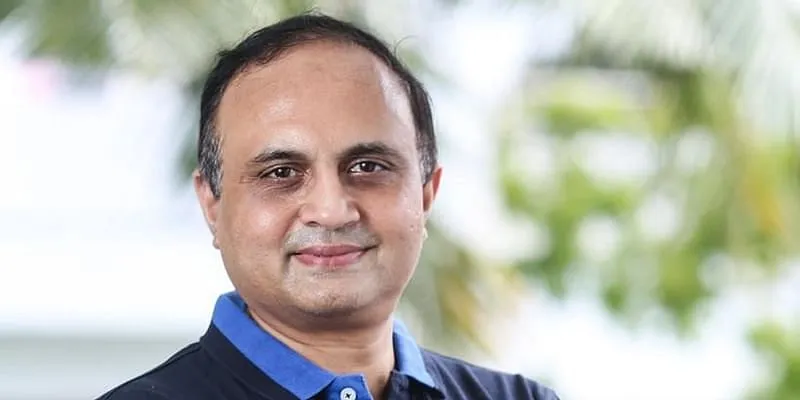How the Aatmanirbhar stimulus package is helping MSMEs cope with COVID-19 and other top stories of the week
This week, SMBStory assesses the impact of the Aatmanirbhar stimulus package four months after schemes were announced by Finance Minister Nirmala Sitharaman along with other top stories of the week.

The impact of COVID-19 continues to reverberate and be felt across the world. The situation is the same in India where micro, small, and medium enterprises (MSMEs), which contribute almost 30 percent to India’s growth and have created almost 11 crore jobs, experienced an enormous blow in the wake of the pandemic.
In May 2020, Union Minister for MSMEs Nitin Gadkari warned that India’s MSME sector was on the verge of collapse. Shutting of factories, disruption of supply chains, and decrease in sales of non-essential items due to the extended nationwide lockdown brought business activity to a halt and exacerbated the liquidity crunch in the MSME sector.
With MSMEs desperate for financial aid after a 20-30 percent decline in their revenues, Finance Minister Nirmala Sitharaman rolled out a slew of initiatives in May under the Rs 20 lakh crore Aatmanirbhar Bharat stimulus package. The schemes were announced to make India self-reliant at a time when production processes and supply chains were disrupted.
Of the 15 schemes announced by the FM, six were for MSMEs. Three policies that stood out were the Rs 3 lakh crore collateral-free loan scheme, the Rs 20,000 crore subordinate debt for MSMEs and the Rs 50,000 crore equity infusion through the Funds of Funds (FoF).
SMBStory does a deep-dive into how these three schemes are helping Indian MSMEs and what the sector has to say about the implementation and impact of the schemes.
After that detailed report, catch up with the other top stories of the week:
Indium Software

Ram Sukumar, Co-founder and CEO, Indium Software
Twenty-six-year-old Ram Sukumar returned to India from the US with a dream. The industrial engineer had fallen in love with technology and wanted to start his own software and technology services company.
In 1999, he started as a corporate training and software testing company. Ram and his cousin, Vijay Balaji, invested some money from their savings and began working out of a small office in Chennai.
Despite having no prior experience in building and scaling a company, Ram grew his business into a leading technology services consulting company. Today, Indium has expertise in digital, Big Data solutions, Quality Assurance (QA) and low code development.
Although Ram doesn’t disclose the firm’s current revenue, he says the 2021 target is $30 million. Enterprises worldwide are fast adopting IT services across industry verticals - a trend accelerated by the impact of the COVID-19 pandemic.
To tap more markets and row its business, Indium plans to invest heavily in R&D and develop more IPs in digital and QA. With the global IT services market expected to grow at a CAGR of 26 percent between 2020 and 2025, Indium also plans to increase its business in the UK, Europe, and APAC in the coming years.
Savaari

Gaurav Aggarwal, Founder, Savaari
In 2004, former Cisco employee Gaurav Aggarwal decided to fly down from the US to visit his family in his hometown Roorkee. To ensure a hassle-free commute, Gaurav decided to book a cab service beforehand to ferry him to the quaint Uttarakhand town from the Delhi airport. To his astonishment, Gaurav couldn’t find a single reliable online car rental option in the national capital.
This gave Gaurav some food for thought, and he eventually started a car rental company that would cater to people like him who wished to commute long distances without the knowhow of the city and its surroundings.
“I was working in the US since 1999, and when I decided to visit my family, I was disappointed to see that even in 2004, we didn't have basic services that are reliable and provide quality services and fares. The idea to start a car rental company was conceived then only,” says Gaurav, in an interaction with SMBStory.
In 2006, car rental service company Savaari became operational. Initially, Gaurav moonlighted with a bootstrapped capital of Rs 55,000. After 14 years of inception, Bengaluru-based Savaari is now raking an annual turnover of Rs 80 crore.
Edited by Teja Lele









